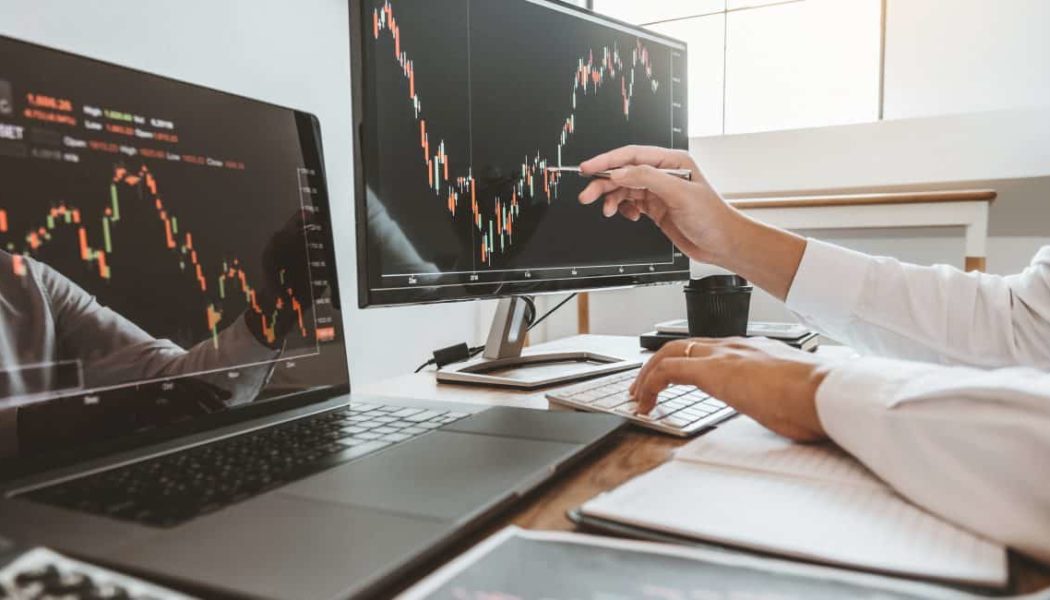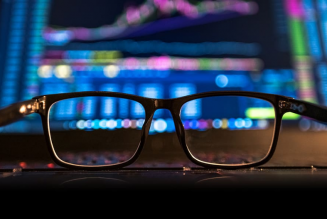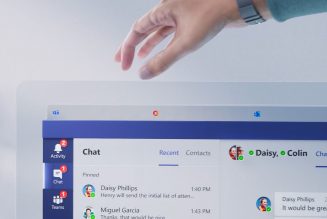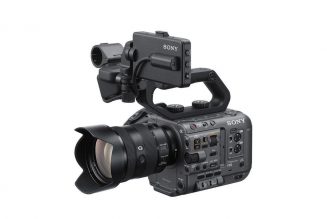/* custom css */
.tdi_4_d09.td-a-rec-img{ text-align: left; }.tdi_4_d09.td-a-rec-img img{ margin: 0 auto 0 0; }
There’s no doubt that Africa has become increasingly active from an investment and economic perspective of late, with this thanks largely to a huge increase in mobile penetration rates and accessibility.
To this end, smartphone sales in Africa grew to comprise 6.6% of the global marketplace in 2019, compared with 6.3% in 2018 and just 5.9% in 2017.
The continent is expected to make up 7.1% of the worldwide market in just two years’ time, as it continues to grow incrementally and impressively.
/* custom css */
.tdi_3_910.td-a-rec-img{ text-align: left; }.tdi_3_910.td-a-rec-img img{ margin: 0 auto 0 0; }
But is your smartphone the best option for trading, or are desktop devices more desirable? Here are the key considerations.
Mobile Trading – The Pros and Cons
Perhaps the most obvious advantage of smartphone trading is that it’s ideal for the real-time price movements that define most financial markets.
Make no mistake; these rapid movements can have a huge bearing on your success or failure as an investor, especially if you’re a scalper or day trader who aims to profit from hundreds of short-term fluctuations each and every day.
So, using a mobile device lets you capitalise on rapid price shifts while adjusting your strategy in real-time as and when circumstances change.
Mobile trading also makes it easier to access browser and app-based platforms like the MetaTrader 4, affording investors tremendous flexibility in terms of how they access the market and their chosen assets.
Interestingly, one of the potential disadvantages of smartphone trading is also linked to its capacity for real-time interaction.
More specifically, being able to respond to market movements in real-time may well lead to emotional and knee-jerk decision making, as your instincts and a constant stream of trading opportunities grow to overwhelm your inherent sense of determinism.
This can be highly detrimental to any trading portfolio, as your decisions must be made based on insight and data rather than emotion wherever possible.
Desktop Trading – What Does it Have to Offer?
As for desktop trading, this also offers a number of benefits and potential disadvantages to investors.
In terms of the former, laptops and PCs feature larger displays and screen sizes, which in turn makes it easier to view customisable charts in full and process visual data quicker and far more efficiently.
With desktop trading, you may also have far greater data storage and computing power, which translates into superior potential when analysing market information and utilising entities such as forex robots in the foreign exchange.
However, desktop trading certainly lacks the flexibility and immediacy of trading, as you simply can’t carry your device around with you. This can cause issues when attempting to execute orders and capitalise on real-time price movements, potentially undermining your portfolio in the process.
Ultimately, the choice of which device to use is an innately personal one, which may be dependent on factors such as your chosen assets, your investment strategy and how often you like to trade the markets.
However, we’d recommend that scalpers and day-traders utilise mobile devices where possible, whereas those with a longer-term outlook or more data-led approach would benefit by using a desktop computer or a laptop.
By Staff Writer.
/* custom css */
.tdi_5_10c.td-a-rec-img{ text-align: left; }.tdi_5_10c.td-a-rec-img img{ margin: 0 auto 0 0; }










